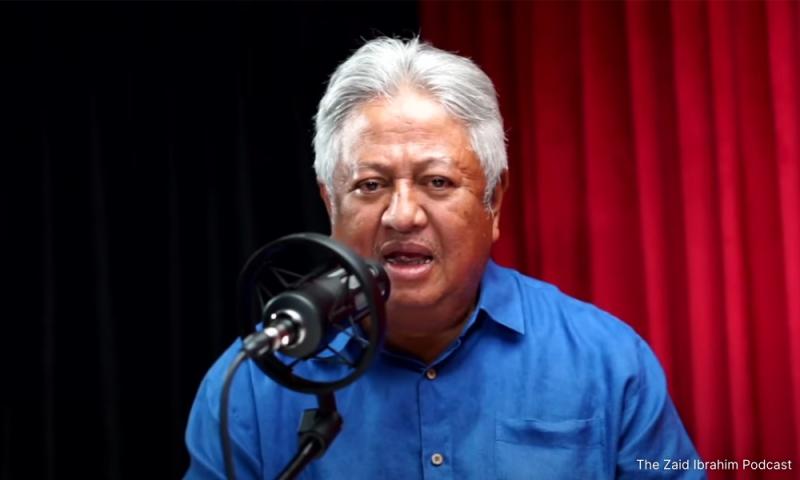A QUESTION OF BUSINESS | Is the Goods and Services Tax (GST) responsible for higher prices now? Can one reverse the price increases by scrapping the GST or zero-rating items in the GST? Will the poor see a significant drop in living costs if we removed the GST?
Unfortunately, the answer to all three questions above, as we shall see, is a resounding “no!” Which begs the question why the opposition is using these old, false assertion to whip the rakyat into a frenzy.
That’s probably because their surveys show that the rise in living costs is a major election issue. So, their spin doctors - yes, the opposition has theirs too - probably decided that demonising GST will resonate with the rakyat. Never mind-lah that it is not quite accurate! Easy to message, ma.
That GST ploy appeared to backfire some when Penang Chief Minister and DAP supremo Lim Guan Eng was criticised heavily for encouraging, singing and dancing to a heavily political GST singalong with children.
Lim’s defence was rather pathetic, saying that BN was practising double standards when the Federal Territory minister and Umno secretary-general did worse at a government school. Does that imply that it is okay for Lim to descend to the kind of behaviour that BN politicians practise? By now he should know that the public wants a higher standard of behaviour from him than that.
But the truth may actually resonate better with the rakyat in this case. There is a good story to tell. In any case, should anyone who wants to be more moral and honest than BN try and win the election by putting up half-truths? No.

What is closer to the truth is that the cycle of price increases is more related to the depreciated currency - now around RM3.9 to the US dollar, which has come down steadily from around RM3 around post the 2009 world financial crisis when money flowed into developed countries. And the other problem is that incomes have not risen sufficiently to keep up with rising prices.
But first, is the GST responsible for higher prices now? No. Because it was implemented on April 1, 2015. In fact, the full-year effect on prices as a result of GST was 2016. Most of the price increase would have occurred in 2015 because GST was already in place for nine months. It is an indisputable fact that GST is no longer responsible for rising prices.
For 2017, therefore, price increases and the rising relative cost of living - incomes staying stagnant while prices increased - that people are experiencing is not at all due to the GST. On top of that, a long list of goods and services are exempt from GST, which means price increases for these cannot be attributed to GST. This includes almost all food consumed by most people, transports costs, many services, education...






